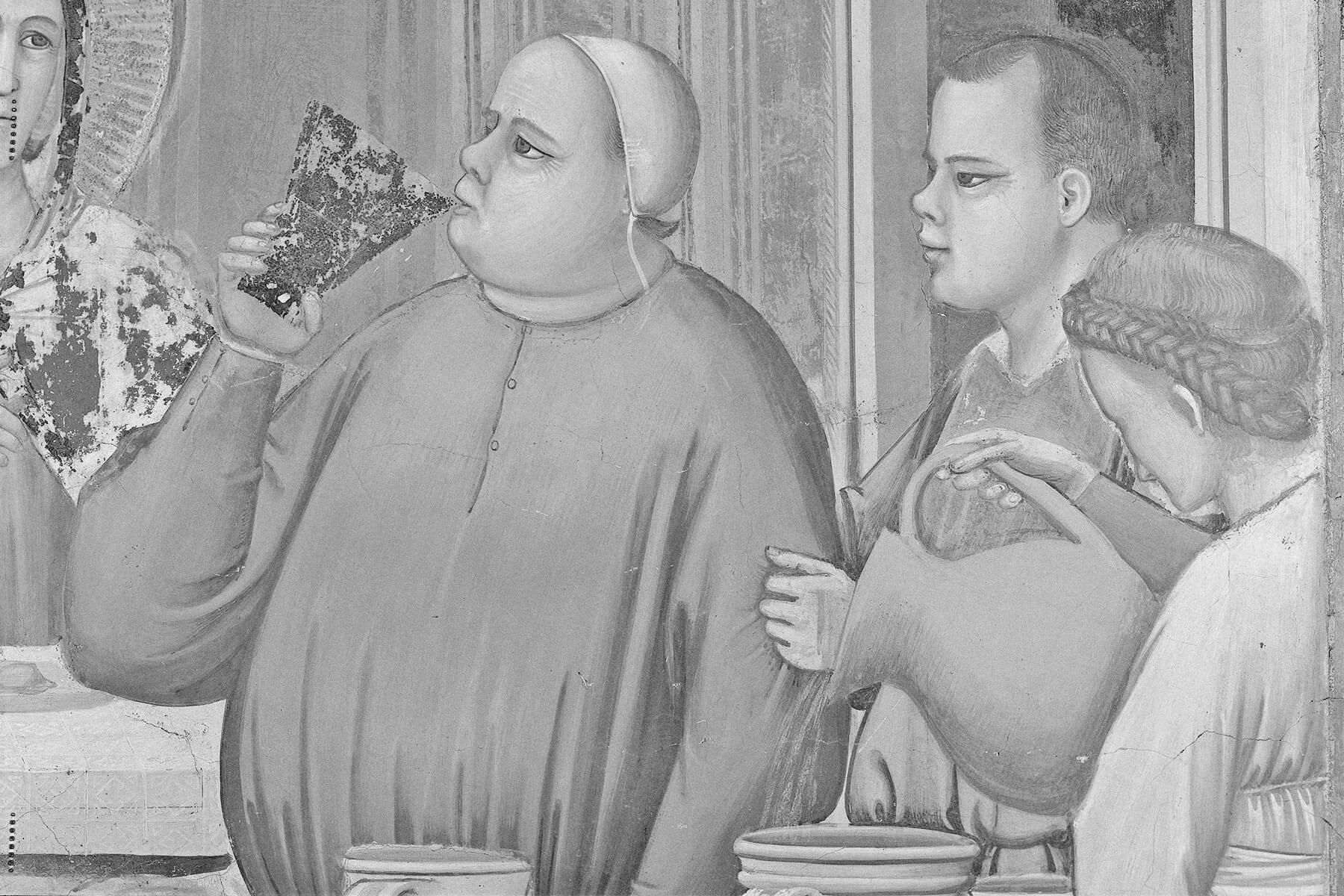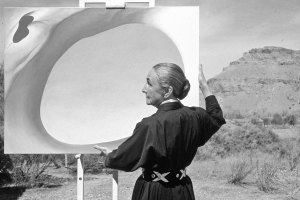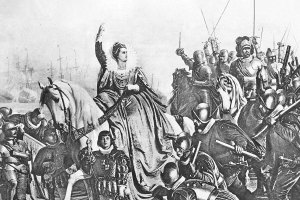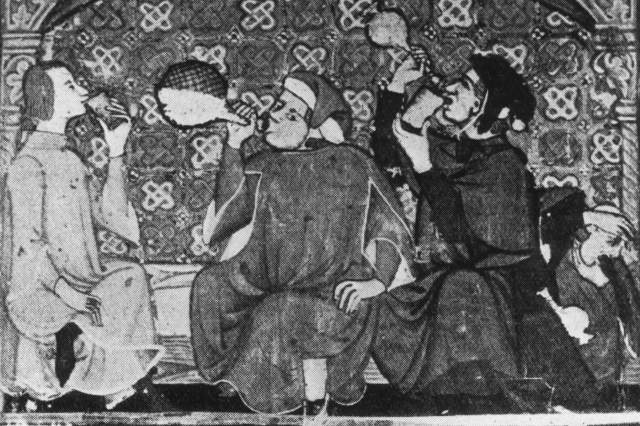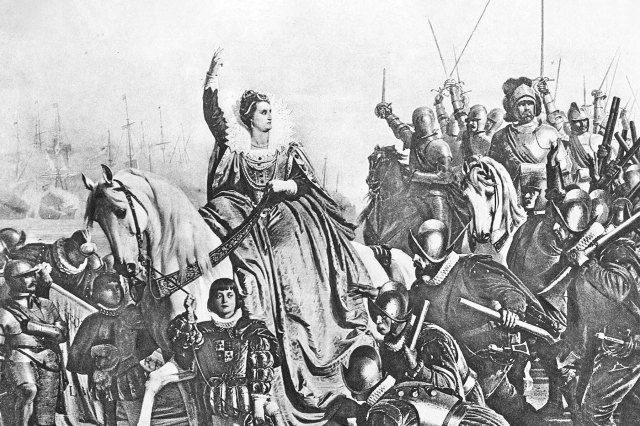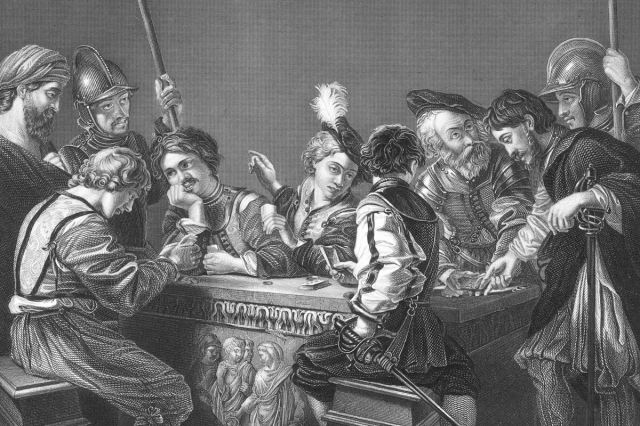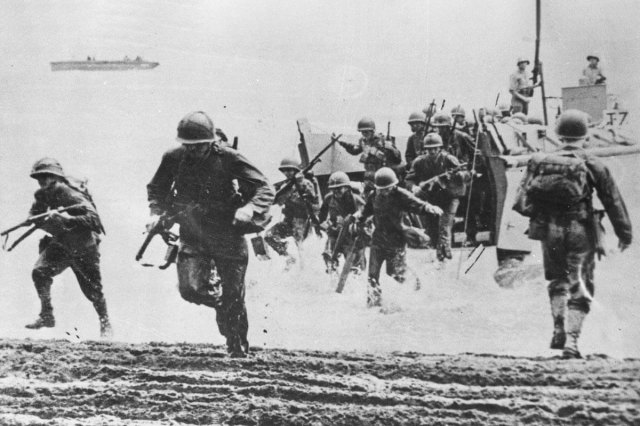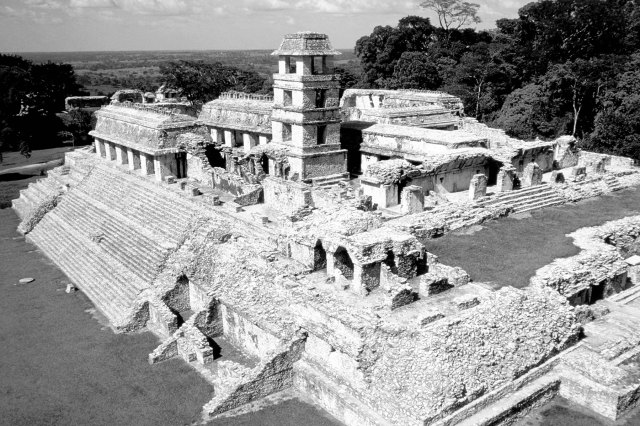Were People in Medieval Times Always Drunk?
It’s often said that people during the Middle Ages, a period that lasted from roughly the end of the fifth century through the 15th century, drank beer instead of water because the drinking water at the time was dirty and unsafe. It would beg the question: Were people in medieval times always drunk? While it’s true that beer was free-flowing in the Middle Ages, a lack of clean drinking water is one of the most common misconceptions about the time period. We took a look at the history to get to the truth behind the myth.
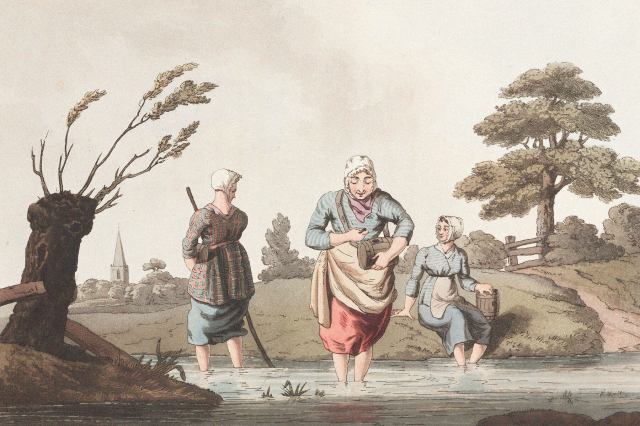
Water Was Safe and Plentiful
Despite the myth that’s been perpetuated in the centuries since, there was plenty of clean water during the Middle Ages, and people rarely relied on alcoholic beverages as a substitute. That isn’t to say people steered clear of the stuff — boozy beverages were widely enjoyed by everyone from members of the working class to those in high society. But it’s not actually true that unclean water led to the widespread consumption of ale as an alternative.
People in medieval times had an understanding about the health benefits of drinking water, even if the science wasn’t fully understood. This was based in part on the early medical findings of ancient Greek physician Hippocrates, who recommended boiled and strained water as an important ingredient for overall health. There was, of course, medical misinformation as well, including some 15th-century texts that encouraged pregnant mothers to drink wine instead of cold water for the health of the baby. But generally, fresh water was understood to be good for you.
Indeed, fresh, running water was so coveted that many medieval villages were built along rivers and streams so that residents could have access to a constant supply of water for drinking, cleaning, farming, and other daily chores that required clean water. Many people also collected rainwater in barrels, which was safe to drink at the time given the lack of air pollution. Freshwater wells were quite common, too, and were built to ensure the purity of the water. People in the Middle Ages were aware of the fact that the best water was clear, cold, and odorless, and people often lined their wells with wood to ensure that the water wouldn’t get contaminated with murky mud. Some people also understood that if water looked or smelled impure, boiling it could remove impurities and make it safer to drink.





